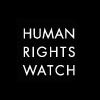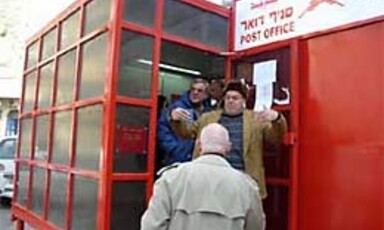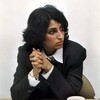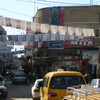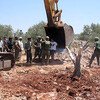
Election observer says ball's in Israel's court
14 January 2005
The ascension of Mahmoud Abbas puts Israel on the spot, says a University of Mary Washington professor who was an international observer to the Palestinian Authority presidential election. UMW’s Singh said Palestinians were generally “very enthusiastic about this election. They see this as an important step.” According to Electronic Intifada, a Palestinian activist Web site, the actual turnout was 46.7 percent when all eligible voters are factored into the equation. “This is far from the great success that the media and the international peace process industry have trumpeted,” Electronic Intifada said. Read more about Election observer says ball's in Israel's court
